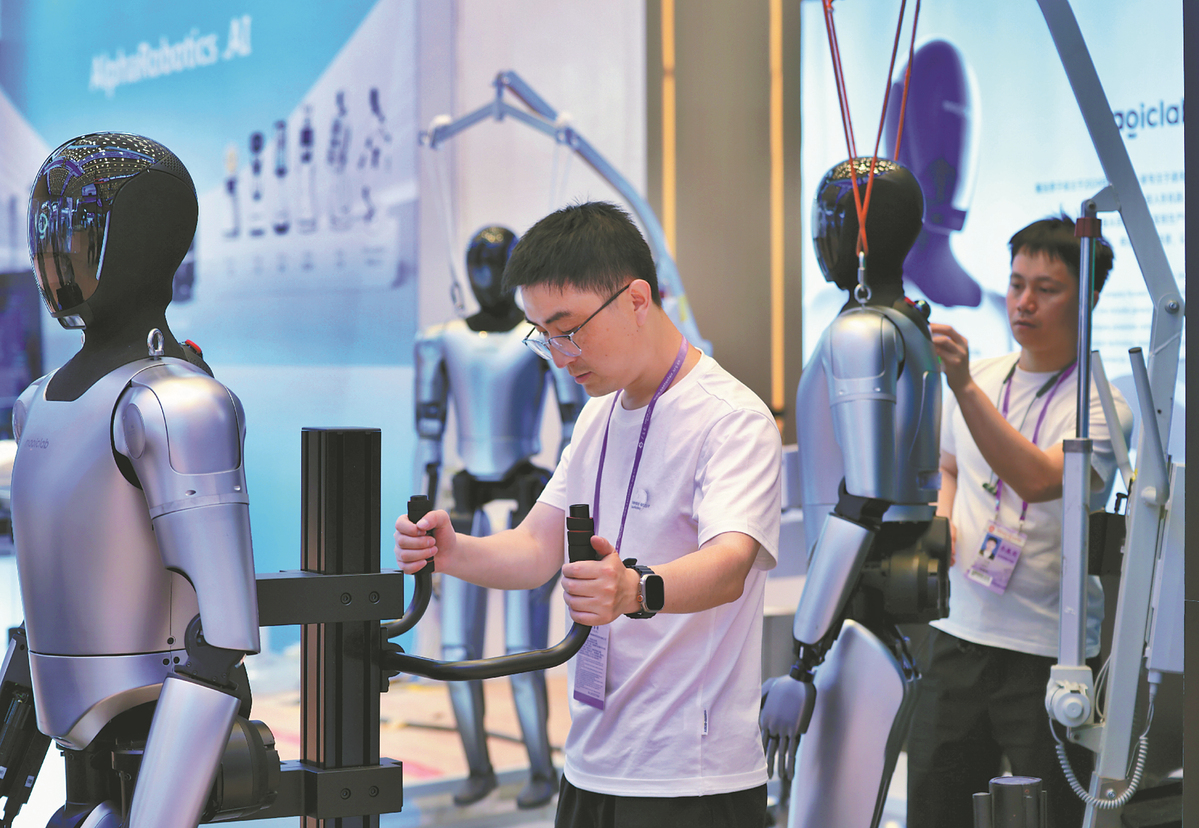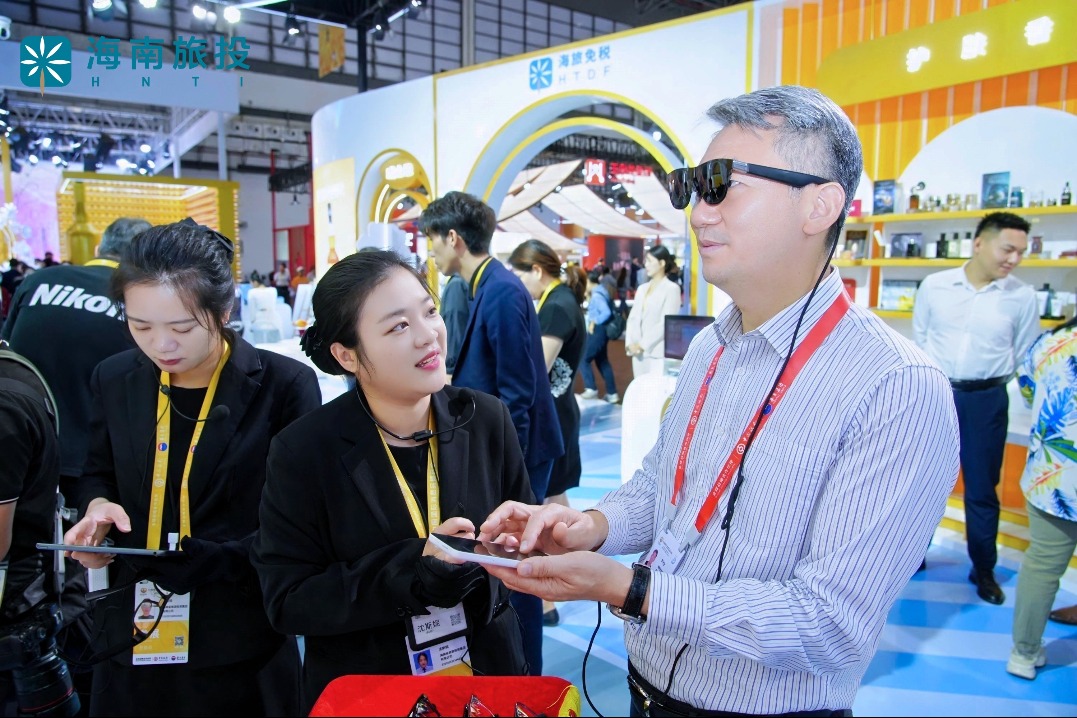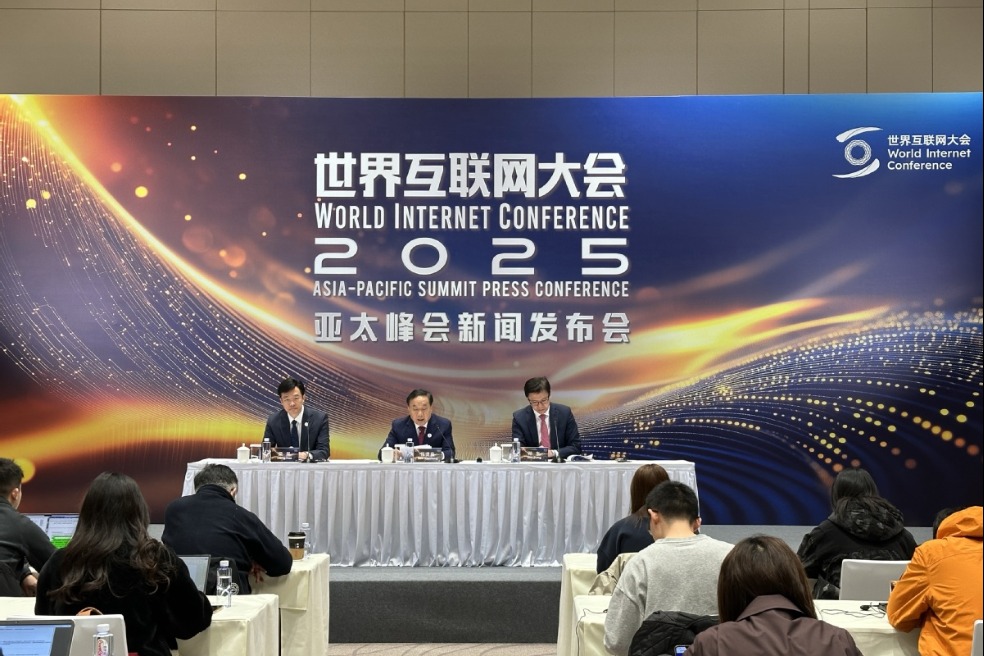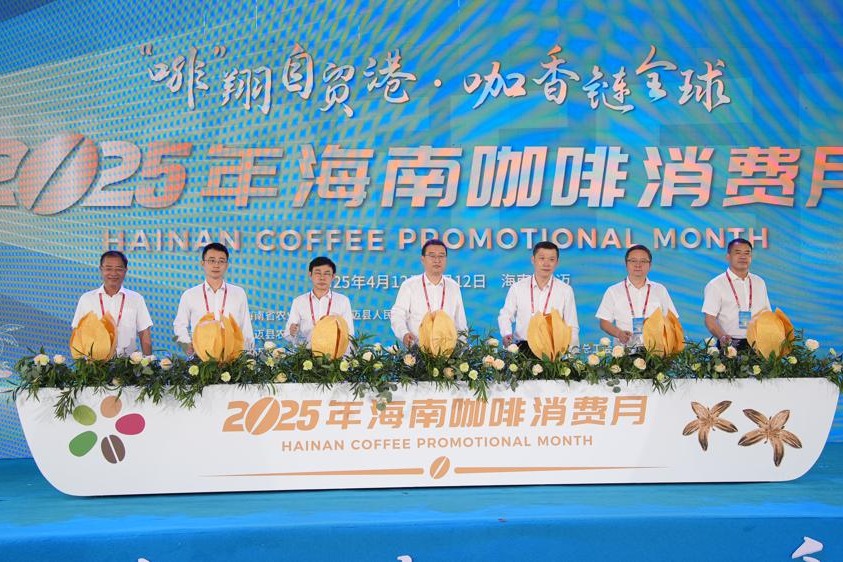China to dominate humanoid robot mkt


China will dominate more than half of the global humanoid robot production this year, as the country is racing ahead in the sector as part of the next big frontier in artificial intelligence and automation, according to a recent industry report.
The report, jointly published by Leaderobot and nine other institutions, predicts that this year the country will produce more than 10,000 humanoid robots, reaching 8.24 billion yuan ($1.14 billion) in sales revenue.
With costs falling and ecosystems maturing, the humanoid robot industry is poised to leap from pilot projects to large-scale commercialization. It is a path "reminiscent of China's rapid rise in electric vehicles" — and it could give the country a fresh economic growth engine, said the report.
One early sign of commercial traction came in March, when Chinese robotics firm UBTech Robotics — a provider of robotics to automaker Dongfeng Liuzhou Motor — said Dongfeng would roll out 20 industrial humanoid robots, with full deployment expected in the first half of 2025.
Wang Tianmiao, honorary director of robotics at Beihang University, said the surge in investment reflects both market forces and national strategy.
"Humanoid robots are being positioned to meet human needs and drive business efficiency," Wang said. "At the same time, countries are vying for dominance in next-gen tech — and AI and robotics are right at the heart of that race."
The report also highlighted the booming field of embodied intelligence — where robots combine AI with physical interactions — and projects China's market to hit 5.3 billion yuan this year and soar to 103.8 billion yuan by 2030, capturing nearly 45 percent of the global share.
Since early 2024, the sector has gained momentum with rapid tech advances, growing demand, increased policy support and deepening international partnerships.
However, the report also urged local governments to focus on strategic positioning and avoid "overhyped investments". It warned against a flood of short-term capital chasing buzzwords, calling instead for funds to support research and development and real-world testing.
To build a sustainable market, the report said, policymakers need to lead on setting standards and curb the risks of valuation bubbles and copycat competition.
chengyu@chinadaily.com.cn




































